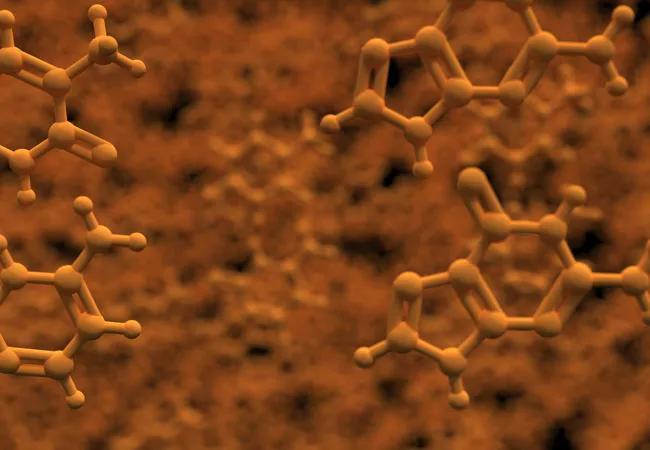Early results presented at ASCO 2018

Cleveland Clinic researchers are helping build a database that could lead to the development of a blood test for early-stage cancer and promises to shed new light on the biology of cancer at its initial stages. Results of a preplanned substudy of this multicenter clinical trial — the Circulating Cell-Free Genome Atlas (CCGA) — were recently presented at the American Society of Clinical Oncology (ASCO) meeting.
Advertisement
Cleveland Clinic is a non-profit academic medical center. Advertising on our site helps support our mission. We do not endorse non-Cleveland Clinic products or services. Policy
The observational study, funded by GRAIL Inc., has so far enrolled > 11,000 of 15,000 planned participants (70 percent with cancer, 30 percent noncancer) in order to characterize the population variation in cancer and non-cancer subjects. The research team will use deep sequencing of cell-free nucleic acids in the blood, an emerging biomarker for earlier cancer detection, to develop a detailed atlas of cancer genetics.
The Center for Clinical Genomics team, along with primary investigators Eric A. Klein, MD, Chair of Cleveland Clinic’s Glickman Urological & Kidney Institute, and Mikkael Sekeres, MD, MS, Director of Cleveland Clinic Cancer Center’s Leukemia Program, will help recruit more than 1,000 Cleveland Clinic patients over the age of 20.
“The complex nature of cancer makes it difficult to identify biomarkers for detection of early-stage cancer before symptoms appear,” says Dr. Sekeres. “The CCGA study will expand our knowledge about genomic profiles in cancer patients.”
As presented at ASCO, the preplanned substudy of 1,627 participants collected blood from 878 participants with newly diagnosed, untreated cancer (20 tumor types, all stages) and 749 participants with no cancer diagnosis (controls) for plasma cell-free DNA (cfDNA) extraction. The team performed three prototype sequencing assays: paired cfDNA and white blood cell (WBC) targeted sequencing (507 genes, 60,000x) for single nucleotide variants/indels, cfDNA whole genome bisulfite sequencing (30x) for methylation, and paired cfDNA and WBC whole-genome sequencing (30x) for copy number variation. WBC sequencing identified the contribution of clonal hematopoiesis.
Advertisement
Results from this first set of patients demonstrate that:
“These exciting results suggest that these assays are sensitive and specific ways of detecting a variety of cancers at an early stage,” says Dr. Klein. “The results demonstrate the power of current sequencing technology and add to the growing trend of personalized cancer medicine.”
For more information, contact the Center for Clinical Genomics CCGA study team at 216.445.2164 or CCGAStudy@ccf.org.
Advertisement
Advertisement

Radiation therapy helped shrink hand nodules and improve functionality

Standard of care is linked to better outcomes, but disease recurrence and other risk factors often drive alternative approaches

Phase 1 study demonstrates immune response in three quarters of patients with triple-negative breast cancer

Multidisciplinary teams bring pathological and clinical expertise

Genetic variants exist irrespective of family history or other contributing factors

Study shows significantly reduced risk of mortality and disease complications in patients receiving GLP-1 agonists

Structured interventions enhance sleep, safety and caregiver resiliency in high-acuity units

Addressing rare disease and challenging treatment course in an active young patient